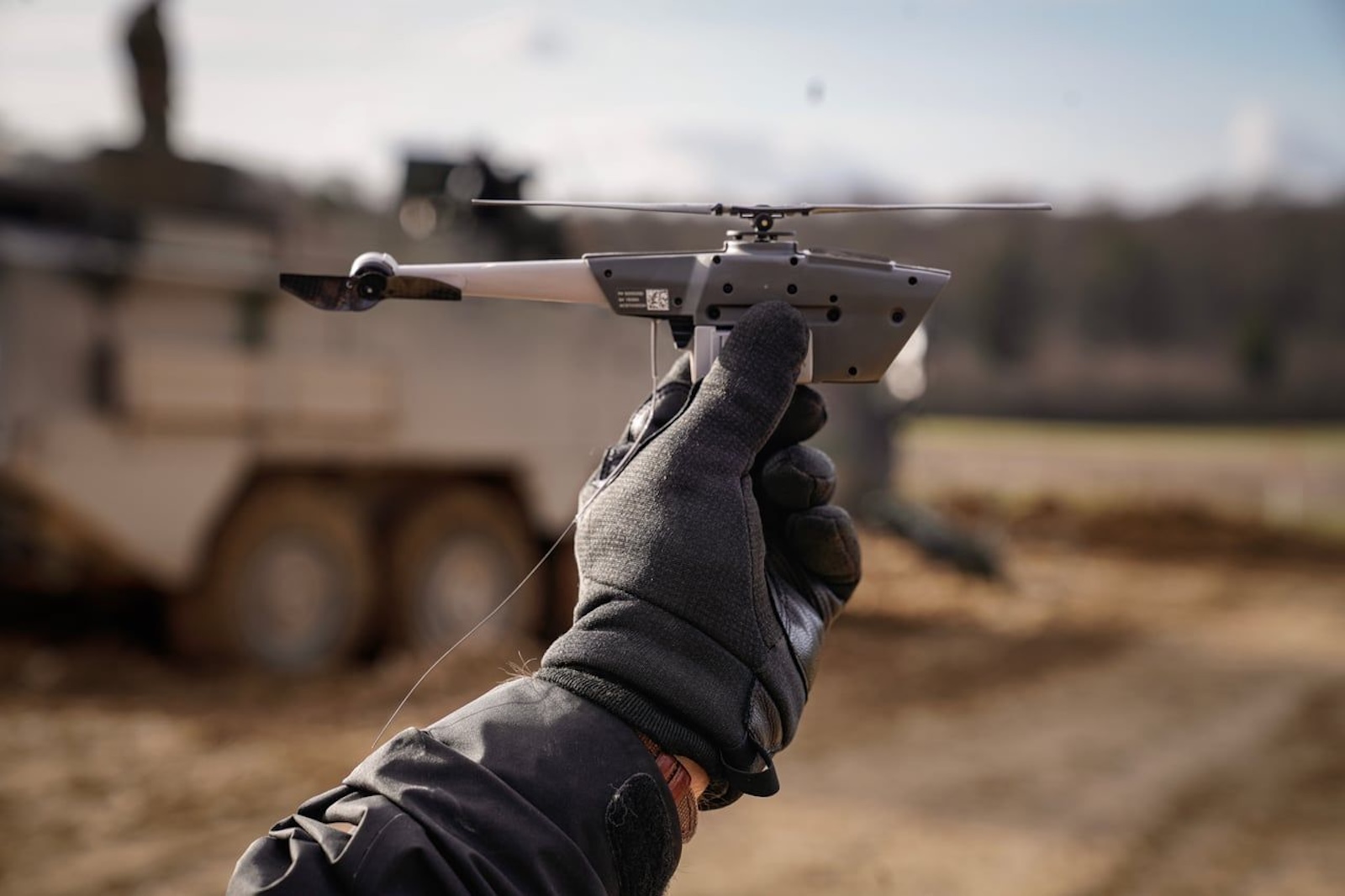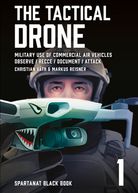Get the weekly SPARTANAT newsletter.
Your bonus: the free E-Book from SPARTANAT.

Drones for the military
On September 26, 2025, the Swiss Federal Council approved a report on military drone procurement, addressing challenges and advancements in drone technology within the Swiss Armed Forces. It emphasizes cooperation with the technology sector, outlines ethical procurement practices, and identifies training and self-defense needs against drones.
At its meeting on September 26, 2025, the Swiss Federal Council approved the report “Procurement of drones for military use. Is there a need for action?” in response to postulate 23.3209 Dittli. The report provides an organizational and project-related overview of drones and drone defense within the DDPS. It also highlights the DDPS's cooperation with Switzerland's security-relevant technology and industrial base (STIB) and the regulatory framework of export legislation and procurement.
The increasing importance of drones in armed conflicts and rapid technological developments in the fields of robotics and artificial intelligence are presenting new challenges for armed forces worldwide. Since 2019, the Swiss Armed Forces has been continuously introducing various micro and mini drone systems to build up its expertise. In addition, further projects such as “loitering munitions” – the ability to strike ground targets with precision using semi-autonomous weapon systems – and “mini drone defense” are being pursued.
The report “Procurement of drones for military use. Is there a need for action?” in response to the postulate by Council of States member Josef Dittli (23.3209) analyzes the current situation in Switzerland, highlights potential for cooperation with research and industry, and examines proposals for alternative financing options.
Established cooperation
In the Federal Department of Defense, Civil Protection, and Sport (DDPS), responsibility for drone technology is divided among several organizational units. The Swiss Drone and Robotics Center DDPS, which focuses on research and technical testing, complements the Center of Excellence for Drones and Robotics Defense, which concentrates on tactical and operational implementation. They are supported by the army's innovation programs, Swiss Innovation Forces AG, and the organization “Innovation Spaces DDPS.” The latter offers methodological platforms for the experimental development of security-related technologies. The aim is to make better use of synergies and integrate innovations more quickly into everyday military life.
The report shows that cooperation with the security-relevant technology and industrial base (STIB) and universities also plays an important role. Although there is growing interest in serving the military market, no drones that would fall under the War Material Act are produced in Switzerland. Since the War Material Act was tightened on May 1, 2022, the licensing practice for war material exports has become more restrictive in international comparison. Against this backdrop, the Swiss arms industry is struggling with dwindling export opportunities, on which it is dependent due to the limited domestic market. In addition, investigations are underway into how the STIB can gain better access to suitable test environments in order to further promote development and innovation in the field of drones.
Challenging procurement process
The procurement of drones is carried out in accordance with clear international law and ethical guidelines. Switzerland is committed to international humanitarian law (IHL) and rejects autonomous weapon systems that operate without human control. It advocates for binding standards in the development of such technologies at the international level.
The procurement process for army equipment is clearly structured and goes through several phases. The length of the process is a particular challenge in the case of drones, whose technology is developing rapidly. With the introduction of the capability-based army message and the staggered procurement of systems, this problem is at least partially mitigated by ensuring that part of the army has regular access to state-of-the-art drones and drone defense systems. Traditional purchasing remains the preferred approach, as it allows for long-term control and adaptation to military requirements.
Need for action in training and self-protection
The report highlights the need for action in terms of training facilities so that the army can realistically test, train, practice, and simulate scenarios involving military drones and their defense. The army is working with the relevant regulatory authorities to find solutions. It is being examined whether training and testing can be carried out in Switzerland. This could be done, for example, through exercises limited in time and location in order to minimize the impact on the population. If this is not possible, alternatives will be examined, such as the use of military training areas abroad. In addition, there is a need to create technical, organizational, and legal options so that the army can actively defend itself against drones in everyday situations. To this end, it is being examined how existing legal bases for self-defense can be enforced or, if necessary, expanded.
HERE you can download the entire report.
SPARTANAT is the online magazine for Military News, Tactical Life, Gear & Reviews.
Send us your news: [email protected]
Ad
similar
Get the weekly SPARTANAT newsletter.
Your bonus: the free E-Book from SPARTANAT.



